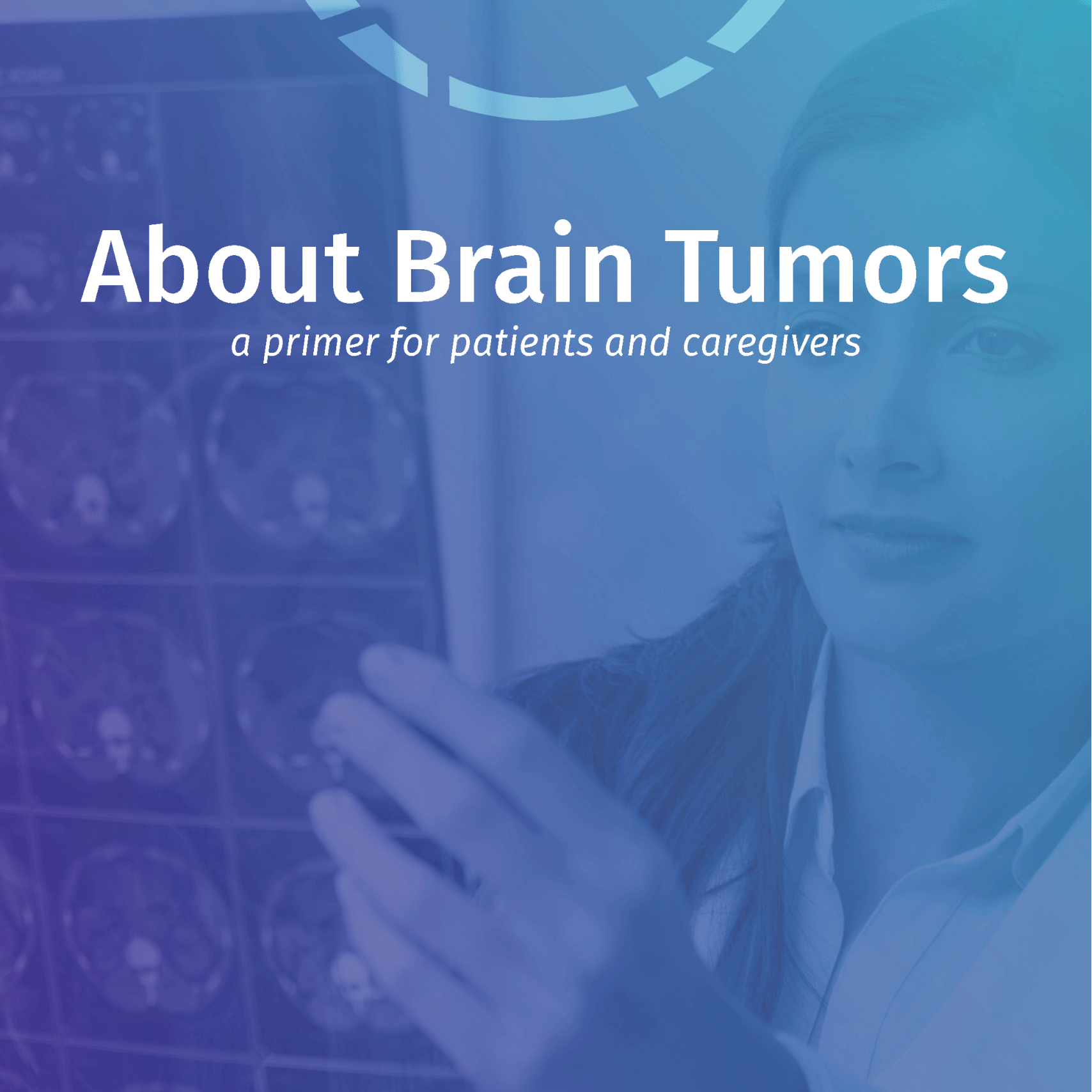by Caroline Williams
In March 2022, Caroline Williams began experiencing symptoms she thought were just “pregnancy brain.” At 17 weeks pregnant, her struggles with speaking, reading, and writing seemed like typical pregnancy side effects—until they weren’t. What followed was an extraordinary journey of resilience, heartbreak, and strength as Caroline faced an unimaginable diagnosis: a brain tumor during pregnancy.
The Start of the Symptoms: More Than Just Pregnancy Brain
It began subtly—slurring words, occasional stuttering, and struggling to articulate thoughts. As a Thai Massage instructor, I thought I was just overworked. But one day, standing in front of my class, everything changed. The words I knew so well disappeared. My mind went blank.
To get through the class, I relied on muscle memory, demonstrating techniques rather than speaking. Though physically fine, I drove home that night embarrassed and convinced I needed rest.
Still uneasy, I turned to Google. Searches for “pregnancy brain,” “COVID brain fog,” and even “brain tumor while pregnant” led to no clear answers. But the next day, driven by intuition, I checked myself into the emergency room.
The Diagnosis: A Brain Tumor in the Midst of Pregnancy
At the ER, I hesitantly marked “aphasia” on the intake form, unsure if it described my symptoms. Within minutes, I was undergoing neurological tests and an MRI.
The results revealed a massive, bleeding tumor pressing on my brain’s language center. To my surprise, I cried tears of validation. My symptoms weren’t imagined—they were real. But that relief quickly turned to fear as the gravity of my situation sank in.
The next two weeks were a blur of tests, consultations, and ultimately, a craniotomy. The final diagnosis? Glioblastoma, an aggressive and terminal brain cancer.
The Hardest Decision: Choosing Between My Life and My Baby
By the time I learned the severity of my diagnosis, I was halfway through my pregnancy. Doctors explained that starting treatment immediately was critical for survival. However, the treatments—radiation and chemotherapy—were incompatible with my pregnancy.
I was forced to make an unthinkable choice: to terminate my pregnancy or delay treatment and risk my life.
With my one-year-old daughter at home and my family’s future to consider, I chose to terminate my pregnancy. It was the hardest decision I’ve ever made, but it was one I made with love and hope for the family I already had.
At 21 weeks pregnant, I underwent a medical abortion. The next day, I was back at the cancer center, preparing for radiation with my treatment mask.
Finding Gratitude Amid Uncertainty
Two years have passed since my diagnosis and prognosis. Every day I wake up is a gift—time I wasn’t expected to have.
I’m grateful for the medical advancements that have extended my life and the doctors who guided me through the most challenging moments of my journey. I think about the women before me who fought for the rights and resources that made my choice possible.
Lessons From My Journey
- Trust Your Instincts: My persistence in seeking medical attention likely saved my life. If something feels wrong, advocate for yourself.
- Gratitude is Powerful: While my journey has been unimaginably difficult, I’ve learned to cherish the time I have and the moments I share with my loved ones.
- Support Matters: From my family to the medical team, I’ve been surrounded by people who carried me through this journey. Their strength became my strength.
Raising Awareness: Brain Tumors and Pregnancy
While it’s rare for a woman to be diagnosed with cancer during pregnancy, it’s a reminder of the complex challenges women face and the importance of accessible medical care and support.
My story is a testament to resilience, tough choices, and the love that carries us forward. If you or a loved one are navigating a similar journey, know that resources, support, and hope are available.
Resources for Brain Tumor Patients and Caregivers
The American Brain Tumor Association (ABTA) provides a wealth of resources for patients and caregivers, including:
- Educational materials on brain tumor symptoms, treatments, and care.
- Online support communities for shared experiences and guidance.
- Access to experts through webinars and patient services programming


























